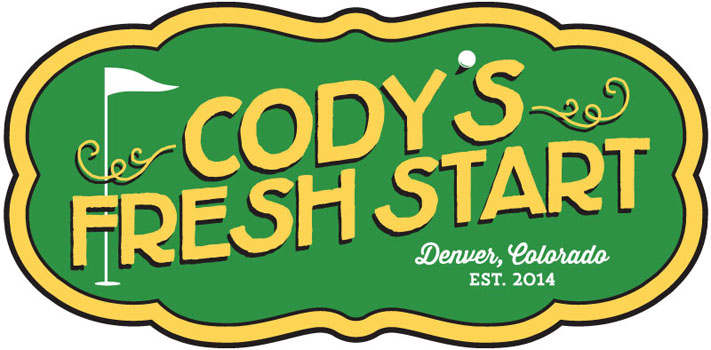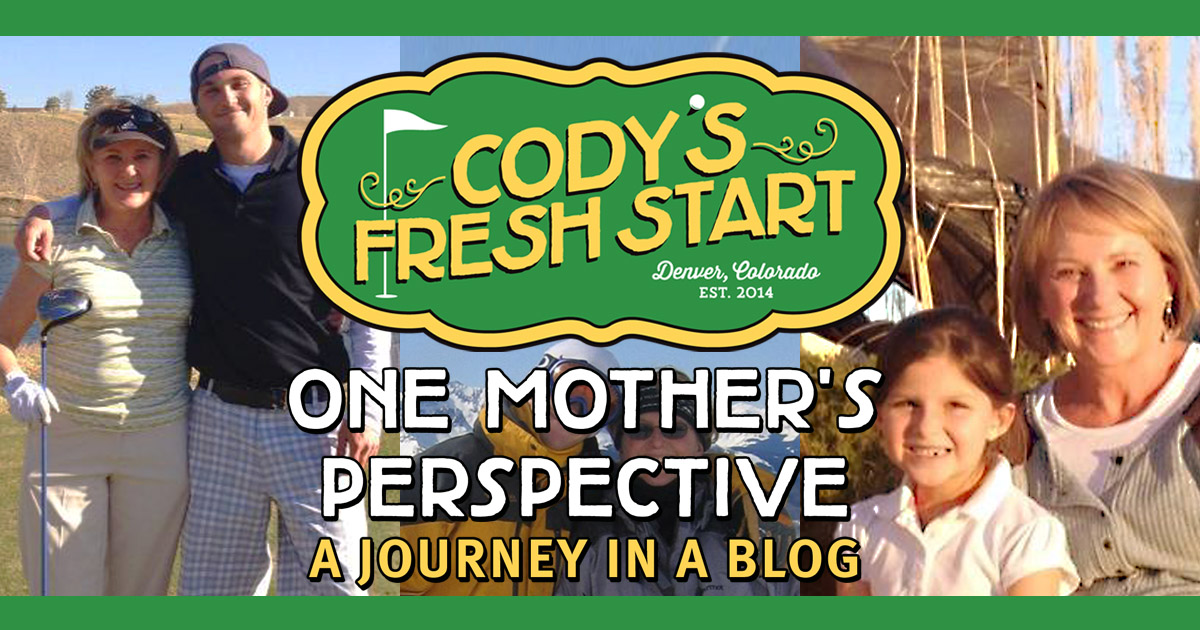By Mary Cucarola – 7/8/18
“You owe yourself the love you so freely give others.” Unknown
Each month I switch off between writing a blog from my heart (emotive) and writing one from my head (informative), so everyone gets a chance to read what resonates with them. This month is my informative blog and is on guidance for families dealing with addiction.
The science is indisputable that addiction is a chronic disease that changes the brain. We need to understand addiction and how it affects the brain chemistry, but where do we go from there? The understanding doesn’t do any good if we don’t know how to deal with it in a healthy way or how to take effective action not only for our loved ones, but for ourselves, too.
I’ve come up with five core tips for parents and family members, based on my own victories and mistakes dealing with my son’s addiction. The first tip takes up one entire blog and the other four tips will be in the second blog of the month.
This is guidance I wish I had early on in my son’s struggle, instead of desperately trying to sober him up on my own. I was in over my head and didn’t understand the disease of addiction. I was too embarrassed, guilt-ridden, and ashamed to ask for help. Maybe Cody would still be here if I had been more open to guidance and asked for help sooner. I will never know the answer for sure, but it helps me to pass along the guidance to those who need it like I did. I swear I could write a book on this topic alone.
TIP #1. Practice self-care and seek outside support right away.
Without a doubt, this is the single most important tip, deserves the most attention, and gets the most resistance from family members. Addiction is a family disease and is three-fold – physical, mental, and spiritual. Many of us have neglected our health on all three fronts. It takes a firm commitment to make our own well-being a priority. Each of us who faces addiction is deserving of the love, care, and attention we so freely give others, even if their needs have to wait once in a while.
The average parent is traumatized from losing their child for years before it becomes a full-blown substance-use disorder. Feeling like a failed parent and having to defend our children to others, along with chronic exposure to midnight calls about trouble, arrest, overdose, relapse, and hospitalization forms this complex trauma.
When I attended therapy the first time, the counselor told me she thought I exhibited signs of PTSD, which shocked me at the time. It is now called C-PTSD, a response to continuous interpersonal trauma, and includes disconnection, anger, and a sense of hopelessness. All I knew was I was at my wits end and felt anxious and depressed. I worried about Cody 24/7 and his addiction had completely taken over my life. I isolated myself from my family and friends, which was a mistake. Some of them turned out to be my best support, and I couldn’t have survived without them.
Self-care is the act of making our needs a priority. Seeking outside support is a part of self-care and treating ourselves well.
We can’t be helpful to our loved ones if we are sick and stressed out constantly. Stress from living with addiction can cause both physical and mental health conditions like depression, anxiety, obesity, heart disease, cancer, and a reduced immune system. So, we have to attend to both our physical and mental health, and let’s not forget our spiritual health, too.
Here are several acts of self-care that eventually helped me and have helped many others to cope, too. I didn’t do them all at once – that would be exhausting.
Start slowly with one at a time and practice the ones that help the most.
Going to counseling, preferably with a professional who understands codependency. There are a lot of good therapists out there, who don’t know a thing about addiction or codependency. Find one who does by asking them before you go to your first session or look for one who specializes in addiction and/or codependency. Psychology Today is a good resource for counselors in any state (link below). My counselor in Denver writes for them and actually used one of my blogs in her article. It was the one titled Spoon Insight: Tell-Tale Signs of Drug Abuse.
Practicing relaxation skills, like meditation, yoga or journaling. Meditation is hard for me, no matter how much I practice it. It works for many people and there are a ton of exceptional apps to listen to guided meditations, like Headspace, Calm and Insight Timer. I do what works best for me to empty my mind, and that happens to be journaling. It is a practice called morning pages, which is stream of consciousness writing, done every morning by hand. I learned it from the book The Artist’s Way by Julia Cameron, which can be found on Amazon or any bookstore. I have a friend who goes to her yoga class a minimum of once per week – she loves yoga. I went with her one time – it was a bit comical (I am not very limber), but I survived and was in awe of her flexibility. There are yoga studios on practically on every street corner and yoga classes on TV everyday. There is one I have done on TV called Priscilla’s Yoga Stretches – it’s not too difficult for a novice like me.
Walking or hiking in the mountains or in nature. Get outdoors and out of the house. No more explanation needed, except just do it. Notice your surroundings and stay present. Take a friend along, furry or otherwise.
Getting regular medical check-ups and telling your physician the truth about what’s going on. When I first told my nurse practitioner about Cody, she pulled up a chair and asked me all about it. She was particularly interested in how Cody was obtaining pills, as she had recently prescribed some to a couple of local high school athletes. They had both come back for more. We had a really, good conversation about opioids, and I helped her understand addiction and she helped me stay healthy. It’s serendipitous what happens if you are honest with others about what you are going through. It helps you, not hurts you.
Joining a recovery support group, like Al-Anon or Nar-Anon or numerous others to choose from. If you don’t like the Higher Power aspect of 12-Step programs, there are many new secular support groups, like Parents of Addicted Loved Ones (PALS) or Smart Recovery for Families or Learn to Cope. We need recovery as much as our addicted loved ones, even though we think they are the ones with the problem. I can’t say enough about how important this is in practicing self-care. Even after Cody’s death, I still go to weekly meetings and am part of a very good solution-oriented online meeting, which is daily recovery for me at my fingertips. Personally, I love 12-Step recovery and the spiritual aspect, but there are plenty of other meetings you can find if you don’t. Shatterproof is in the process of developing secular Family Support Groups around the country with a grant from United Healthcare. Links below.
Doing something you love to do like gardening, painting, music, writing, or whatever might be tugging at your creative spirit. Try to bring more joy into life – it is perfectly okay to be happy when your loved one is not. I literally brought Joy into my life by adopting a rescue dog, who was already named Joy, while I was living in Telluride. Boy, as irony would have it, did I have to learn to set boundaries with her, too!
Stopping the isolation and opening up to friends and family. Living with authenticity and purpose involves staying connected and letting go of secrets. Make them aware of the situation, no matter how hard it is. Suffering in silence is not obligatory, nor is being a martyr or a victim. We must break the stigma by talking about it to others. Addiction is a health issue, not a moral issue. If your friends and family don’t understand that, then explain it to them. Ask them who hasn’t been touched by addiction in one way or another? The statistics say 1 in 3 families are impacted by addiction. If they still don’t buy it, tell them to call me, and I’ll explain to them how my young, vibrant, intelligent and beautiful son died at age 26 of an opiate overdose or send them to our website.
I felt like self-care deserved the most attention, but the rest of these tips are very important, too. I made a lot of mistakes with these last four, but I try to forgive myself for not knowing better at the time. Like Maya Angelou said “When you know better, you do better.” That is true for me and many others dealing with the baffling and cunning disease of addiction. These will be addressed in the second blog this month:
TIP #2. Strengthen the relationship with your addicted loved one and offer them an opportunity to change. Help them find treatment.
TIP #3. Set clear boundaries and don’t enable them to drink or use drugs.
TIP #4. Stay close, but don’t constantly rescue them. You can love them without losing yourself in them.
TIP #5. Know there is a very real chance of incarceration, overdose, or death with opiate addiction.
Mary Cucarola, Founder
RESOURCES AND LINKS
Codependency Therapists in Colorado
https://www.psychologytoday.com/us/therapists/codependency/colorado
My Online Al-Anon Meeting (A Serenity Place)
Colorado Al-Anon Meetings
http://www.al-anon-co.org/Meeting_Home.php.
Nar-Anon Meetings (like Al-Anon, but for drugs instead of alcohol)
http://www.nar-anon.org/find-a-meeting/.
PALS (Parents of Addicted Loved Ones) Meetings
https://palgroup.org/find-a-meeting/.
Shatterproof Family Support Groups
https://www.shatterproof.org/familysupport.
Smart Recovery Family Groups
https://www.smartrecovery.org/family/.
ACA (Adult Children of Alcoholics)
http://adultchildren.org/meeting-search/.
Learn to Cope Meetings

